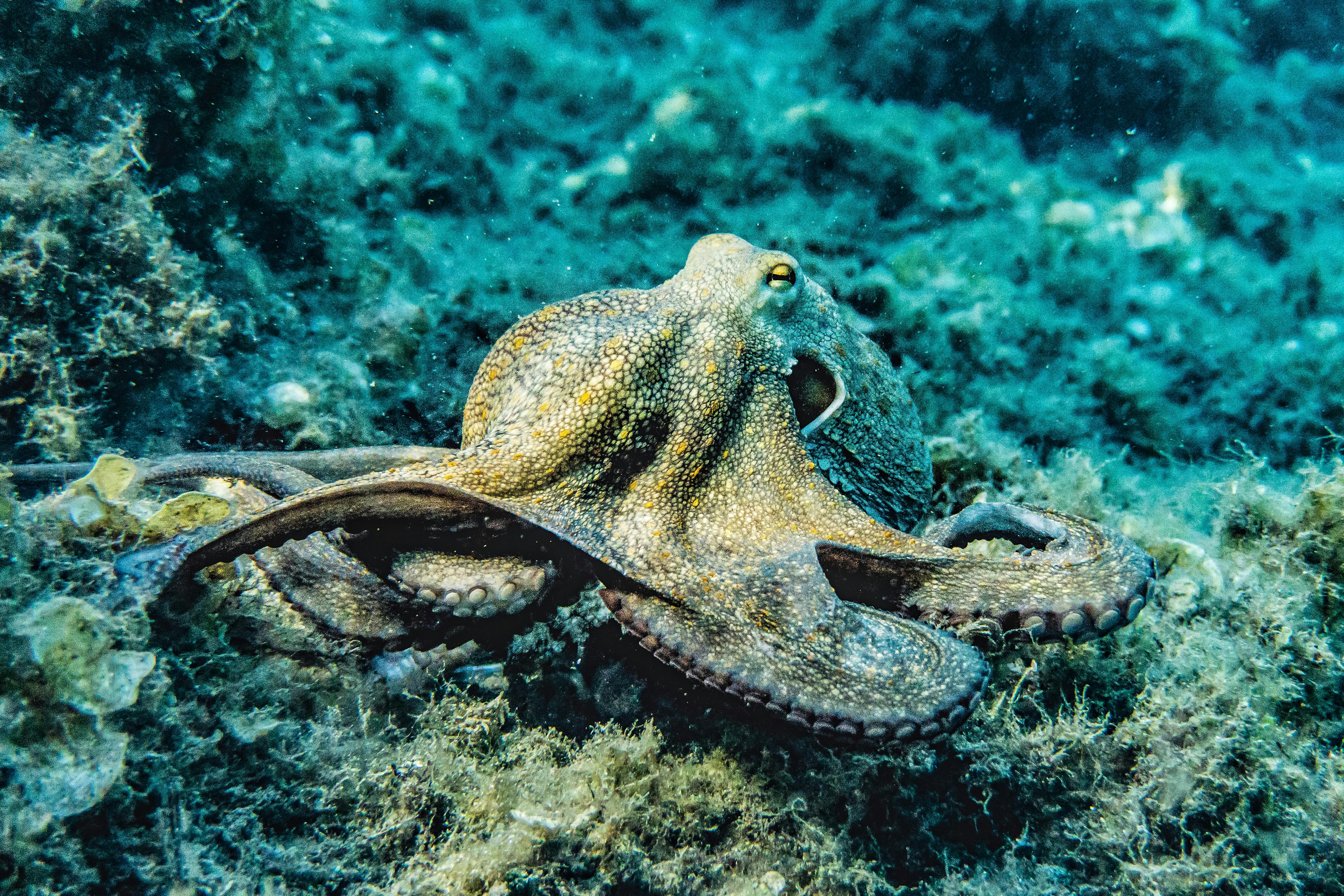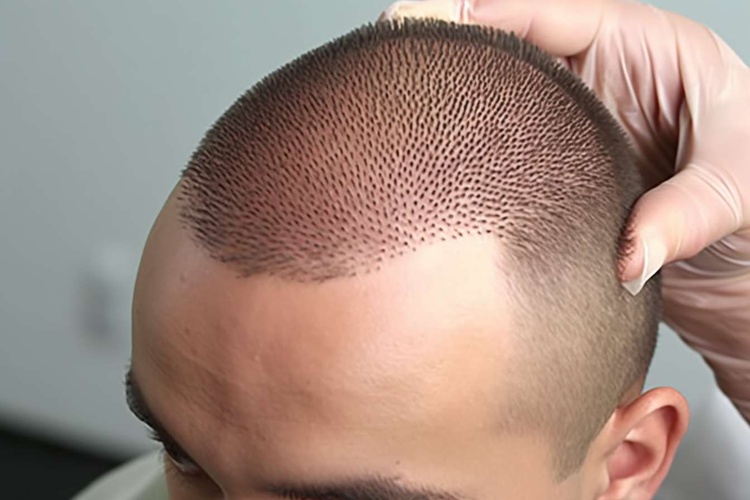A Deep Dive into the Fascinating World of Octopets: Keeping Cephalopods at Home
Venturing into the world of exotic pets, today we enter the underwater realm of octopets, the term for domestically kept octopuses. This relatively new and unique pet trend is piquing the interest of the adventurous pet enthusiasts. Let's delve into the history, current status, and considerations of keeping these intelligent invertebrates at home.

The Emergence of Octopets
The trend of keeping octopuses as pets has its roots in the aquarium hobbyist culture. Historically, these captivating creatures have been admired for their intelligence and unique behaviors, which led to their inclusion in public aquarium exhibits. By the 1970s, hobbyists began experimenting with keeping octopuses in home aquariums. Ever since, the practice has grown in popularity, despite it requiring a substantial amount of effort and specialized knowledge.
The Current Octopet Trend
Today, the octopet trend is still niche, but gaining momentum. The most commonly kept species is the Octopus Bimaculoides, or the California two-spot octopus, known for its relatively long lifespan and amenable nature. The price range for these octopets is between $30 to $100, depending on the species and age. This trend has a significant market impact, particularly in the aquarium trade industry, leading to increased interest and demand for marine aquarium supplies.
Challenges and Considerations
Keeping an octopus at home presents unique challenges. Octopuses are renowned escape artists, requiring secure, well-designed aquariums. They demand specific water conditions, diet, and enrichment to thrive. Additionally, ethical considerations come into play given their high intelligence and complex needs. Potential pet owners must research extensively to ensure they can provide the right environment for these creatures.
The Future of Octopets
The future of the octopet trend largely depends on the ability to meet the challenges mentioned above. As our understanding of these creatures increases, we can expect advancements in aquarium design and care techniques, potentially making it easier for hobbyists to keep octopets. However, conservation and ethical considerations may influence the direction of this trend.
In conclusion, the world of octopets is a fascinating, yet complex, domain of pet ownership. While not for the faint-hearted, it offers an extraordinary opportunity for those willing to invest the time, effort, and resources. As pet enthusiasts continue to explore new frontiers, octopets serve as an example of the diverse and unusual ways we interact with the animal kingdom.




